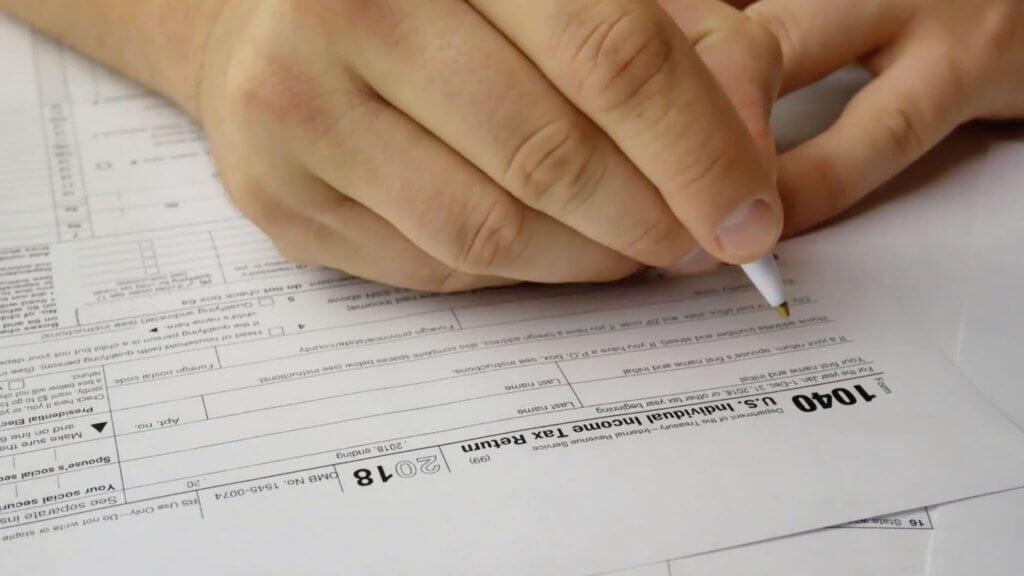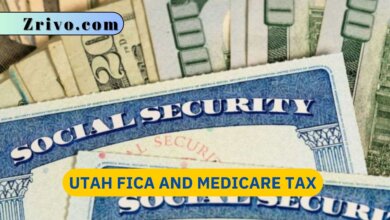Tips to Avoid Taxation
There are several ways to avoid taxation, but they require careful planning, knowledge of the tax laws, and compliance with the regulations. In this article, we will discuss some legal ways to avoid taxation and provide tips to reduce your tax liability.

Contents
Taxes are an integral part of our society, as they provide the government with the necessary funds to carry out public services, infrastructure development, and other essential functions. While paying taxes is a civic duty, there are legal ways to minimize your tax liability. In other words, there are ways to avoid taxation, but it is essential to understand the difference between tax avoidance and tax evasion. Tax avoidance is legal, while tax evasion is illegal.
There are several ways to avoid taxation legally. Taking advantage of tax deductions and credits, investing in retirement plans, using tax-deferred accounts, investing in tax-exempt securities, and starting a business are just a few examples. However, it is essential to remember that tax avoidance should not be confused with tax evasion, which is illegal. Tax avoidance requires careful planning and compliance with the tax laws and regulations. Therefore, it is always advisable to consult with a tax professional to determine the best approach for your particular situation.

Take advantage of Tax Deductions and Credits
One of the most common ways to avoid taxation is to take advantage of tax deductions and credits. Tax deductions are expenses that can be deducted from your taxable income, while tax credits are direct reductions of your tax liability. Some common tax deductions include mortgage interest, property taxes, charitable contributions, and medical expenses. Tax credits can be claimed for various reasons, such as education, childcare, and energy-efficient home improvements.
Invest in Retirement Plans
Investing in retirement plans is an excellent way to avoid taxation. Contributions to qualified retirement plans such as 401(k) and individual retirement accounts (IRAs) are tax-deductible, and the investment earnings grow tax-free until you withdraw them in retirement. This way, you can defer taxation until you retire, and your income is likely to be lower.
Use Tax-deferred Accounts
Besides retirement plans, you can also use tax-deferred accounts to avoid taxation. Health Savings Accounts (HSAs) and Flexible Spending Accounts (FSAs) are two examples of tax-deferred accounts. With HSAs, you can contribute pre-tax money to pay for medical expenses, while FSAs allow you to set aside pre-tax money for qualified expenses such as childcare or medical expenses.

Invest in Tax-exempt Securities
Investing in tax-exempt securities is another way to avoid taxation. Municipal bonds, for example, are tax-free at the federal level and may also be exempt from state and local taxes. However, it is essential to remember that tax-exempt securities usually offer lower yields than taxable investments.
Start a business
Starting a business can provide you with tax advantages that are not available to employees. Business owners can deduct expenses related to the business, such as rent, equipment, and office supplies. They can also take advantage of deductions for home office expenses, mileage, and travel expenses. Additionally, some small businesses may qualify for tax credits, such as the Small Business Health Care Tax Credit.





